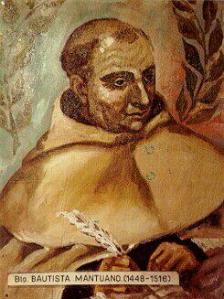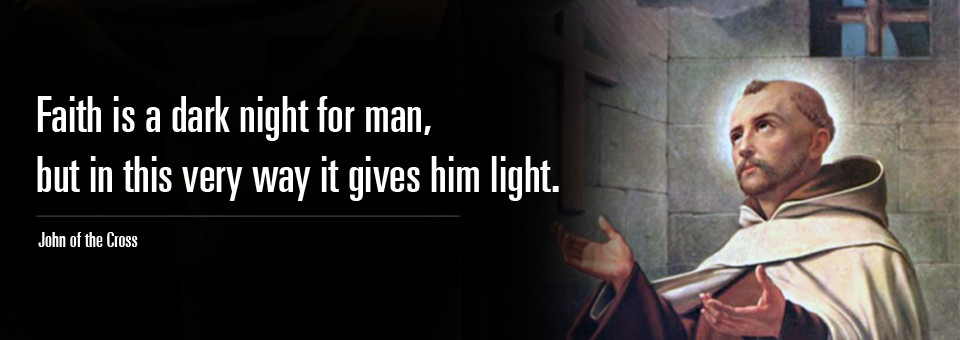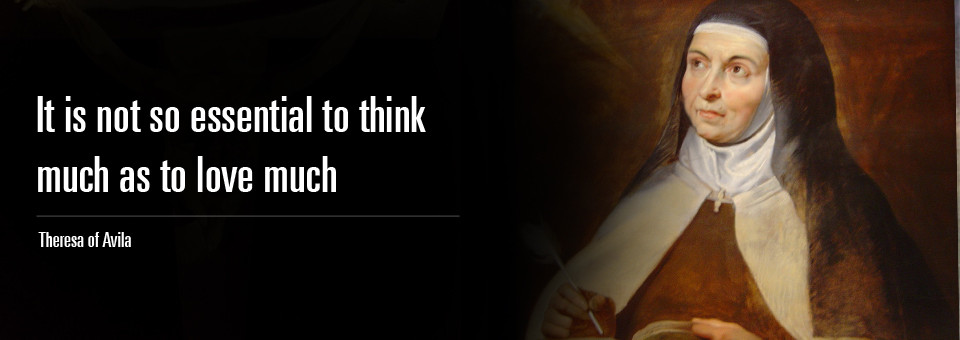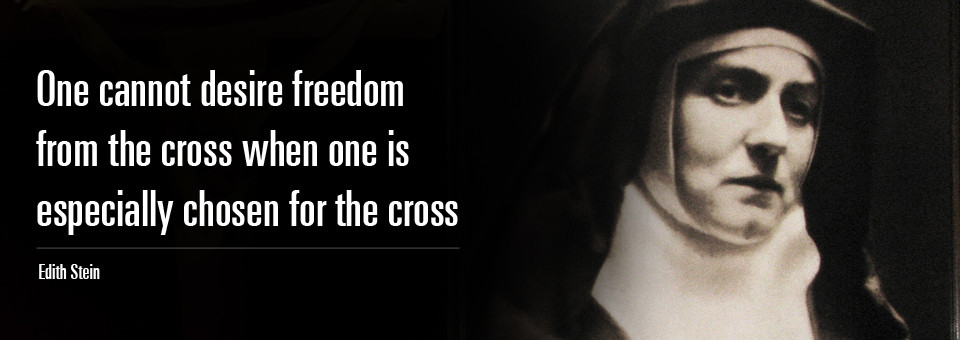
On Wednesday April 17 is the optional memorial of Bl. Baptist Spagnoli of Mantua, priest
Baptist was born on 17th April 1447 to a family of civil servants to the Dukes of Mantua. Heentered the Carmelites of the Congregation of Mantua 1 at Ferrara as a young man. While not a poet of genius, he was a superb Latin stylist, imitating Virgil. His eclogues (poems in a classical style on a pastoral subject) were used in European schools for a century and a half after his death as a model of style and he was quoted by Shakespeare, Boswell, and Nashe. He made his religious profession in 1464 and served in many positions of responsibility in the community in addition to his literary work.
Baptist performed a number of diplomatic missions for the popes; he was vicar general of his congregation six times and in 1513 he was elected Prior General of the whole Order. He was a renowned humanist who brought his richly varied poetry into the service of Christ. He is the only Carmelite quoted in the works of William Shakespeare (Love’s Labor Lost, Act IV, scene 2, line 95ff.).
From the treatise of Blessed Baptist Spagnoli “On Patience”
You will find that the reading of sacred scripture is a great and powerful remedy against bodily suffering and depression of mind. In my opinion, there is no other writing, no matter how eloquent and stylish it may be, that can bring such peace to our minds and so thoroughly dissolve our cares as sacred scripture can.
I speak from personal experience: for there have been times when I was beset with anxieties, the worst of which came from the experience of my own weakness, and if on such occasions I sought relief in the scriptures, the hopes and desires that led me there were never disappointed. The word of scripture proved to be a solid bulwark against my anxieties and a relief to my troubled spirit.
I have often wondered why the scriptures have this persuasive power, why they have such a powerful effect of those who listen to them, and why they lead us to the commitment of faith and not to the mere forming of opinion.
This response of faith does not happen because of a reasoning process, because scripture does not offer one; and it is not a matter of literary style or artistic merit, because scripture does not use these devices; nor does it use soft words to persuade us.
The real reason that scripture has this persuasive power is that is comes from First Truth. Surely there can be no other explanation for such conviction. It seems as though scripture has an inherent authority
that compels us to believe. But on what base does this authority rest? None of us has seen God preaching, writing, teaching — and yet we believe as though we had seen, and realize that what we read comes from
the Holy Spirit. One reason for believing may well be that the truth contained in scripture is very solid truth, even though it is not as clear as we might wish. All truth has an inherent power to win our
acceptance: the greater the truth, the greater its power.
So why is it, then, that not all believe the good news? My reply is that not all are drawn by God. However, there is no point in arguing further.
We believe in sacred scripture to the degree that we accept in our hearts God’s divine inspiration



